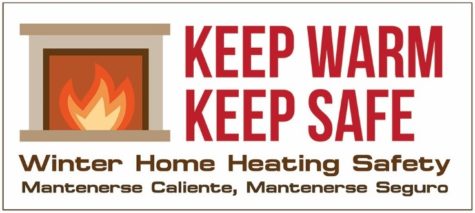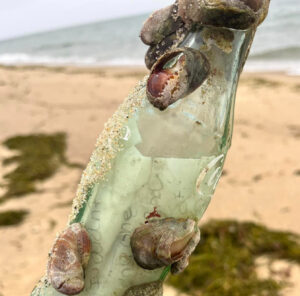
STOW, MA – Starting to turn the heat on? “This is the best time of year to give your furnace a tune-up,” said State Fire Marshal Peter J. Ostroskey. “A well running furnace reduces heating bills, prevents fires and carbon monoxide poisoning,” he added.
Heating #1 Source of CO in the Home
Heating equipment is the leading cause of carbon monoxide in the home. A recent carbon monoxide incident in Plymouth poisoned three people. A faulty furnace is suspected as the source and they had just turned on the heat for the season.
Using the Fireplace or Woodstove
“If you heat with wood, it’s important to have your chimney inspected and your flue cleaned at the start of the heating season,” said State Fire Marshal Ostroskey, “Professional chimney sweeps can check for cracked or broken mortar that can let the heat escape the chimney and start a fire, as well as remove accumulated creosote which is the cause of most chimney fires.”
Plug Space Heaters Directly into Outlets
“Some people are using electric space heaters to take the chill off before turning on central heating. It’s important to plug space heaters directly into wall outlets rather than use power strips or extension cords,” said State Fire Marshal Ostroskey. A recent Somerville fire was started by an electric space heater plugged into a power strip. Last winter there were two fatal fires that took three lives when space heaters overloaded extension cords.
Working Smoke and CO Alarms
Ostroskey added, “It’s important to have both working smoke and carbon monoxide alarms on every level of your home and outside bedrooms. Test them monthly. If they don’t have a 10-year battery, change the batteries at least twice a year. Replace expired alarms.” Smoke alarms last about ten years, and older model carbon monoxide alarms last 5-7.
Trust Your CO Alarm and Act Fast
“Carbon monoxide is colorless, tasteless and odorless. If your CO alarm alerts you to danger, do not delay in calling the fire department and moving to fresh air. You cannot sense the danger it is detecting, so trust your alarm and act fast,” Ostroskey said. “The end-of-life or low battery signal is different from the alarm,” he added, “If you are unsure, it’s better to call 9-1-1 and have the fire department check it out.”
Media release furnished by Mass Department of Fire Services
























